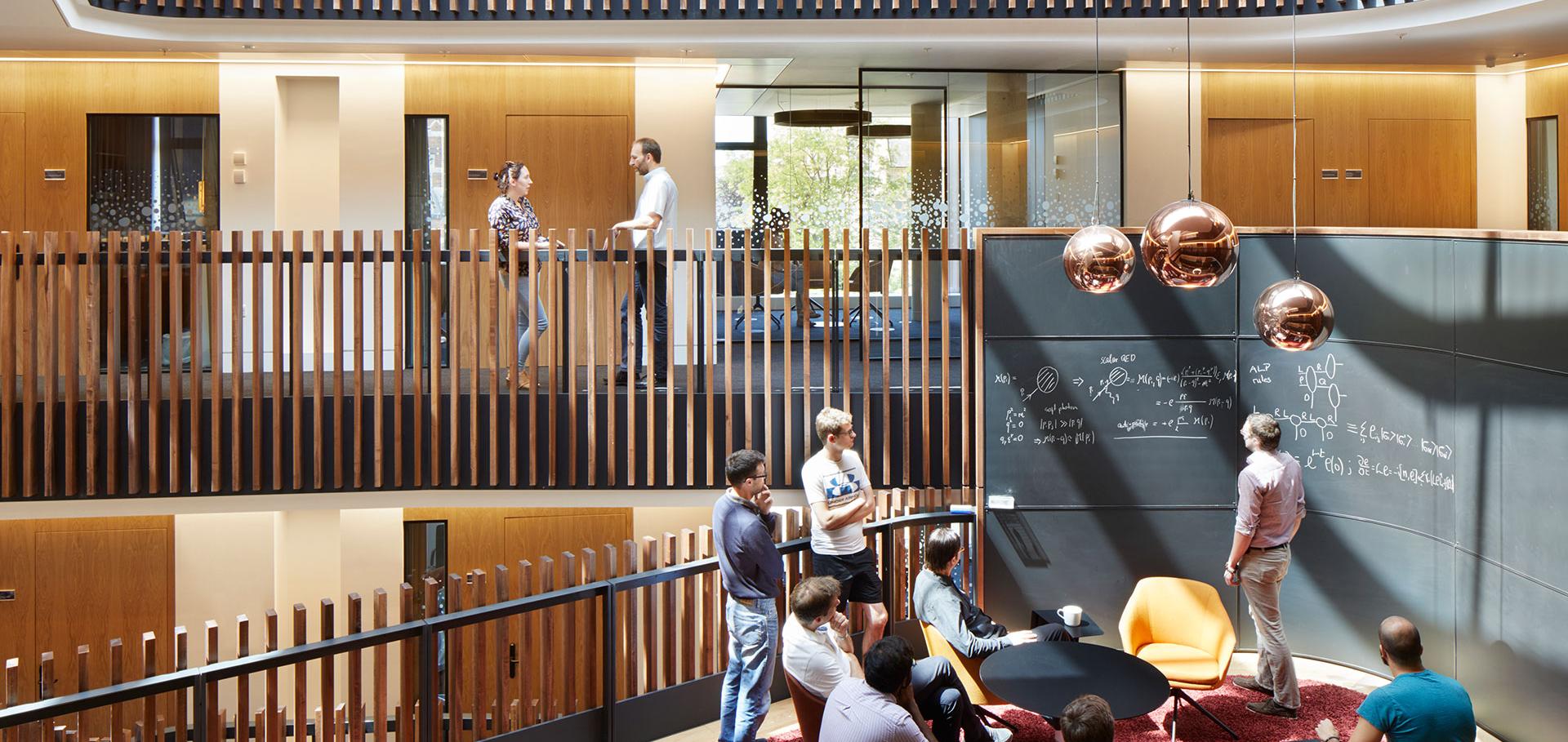Order and Disorder in AKLT Antiferromagnets in Three Dimensions
(2008)
Classical antiferromagnetism on Torquato-Stillinger packings
Physical Review B American Physical Society (APS) 78:2 (2008) 024407
Griffiths-McCoy singularities, Lee-Yang zeros, and the cavity method in a solvable diluted ferromagnet
Physical Review E American Physical Society (APS) 77:6 (2008) 061139
Flux Hamiltonians, Lie Algebras and Root Lattices With Minuscule Decorations
(2008)


